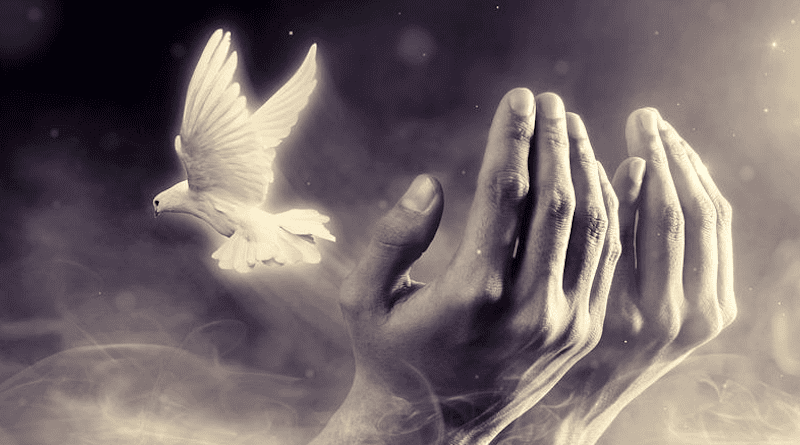Peacemaking: The Spiritual Contribution – OpEd
Transcend Media Service has always been sensitive to the contributions that spiritual forces could bring to the transformation of violent conflicts toward a more peaceful society. Obviously, religious organizations can play a positive role in creating possibilities for dialogue and an understanding of opposite positions. However, as has been said, the wind blows where it will, and spirituality is not limited to organized religious groups. In fact, in some countries there is an increasing number of people who say “I am spiritual but not religious.”
Nevertheless, it is useful to look at the peacemaking role of religious institutions. As the Christian theologians Gregory Baum and Harold Wells write in their edited volume, The Reconciliation of Peoples:
“Almost all Christians would agree immediately that reconciliation and peacemaking are part of the Christian calling, both for churches and Christian organizations and for Christian individuals. That the churches and Christian people have failed in their efforts almost entirely is all too evident. That Christian people and even Christian beliefs and practices have been a contributing presence in many circumstances of violent conflict is a painful truth we must face.” (1)
The same can be said of all religious traditions. We need not list the many violent conflicts and strong tensions present in the world today that have a religious dimension as part of national or ethnic identity.
As Gregory Baum goes on to write,
“Reconciliation demands that the parties involved be willing to examine their own history critically, recognize the distortions of their self-understanding, and humbly acknowledge the place assigned to the opponents in their own story… Reconciliation demands that the two parties try to write a common story, that in the definition of their own self-identity, they make room for the self-definition of the other.”
The contribution of spirituality is that it is not colored by history or by recent events. The spirit develops awareness of the unity of humanity and the awareness that something new may (must?) be created. The spirit is creative and opens the doors to new forms of association.
Increasingly, there is networking among those spiritually motivated, what I call the Fellowship of the Inner Light. We must look carefully for its seeds which are sprouting. The presence of such seeds is in the background of many of the conflicts analyzed in Transcend Media Service.
NOTE:
1) Gregory Baum and Harold Wells (Editors), The Reconciliation of Peoples: Challenge to the Churches, Geneva: World Council of Churches Publications, 1997, 195pp.
This article originally appeared on Transcend Media Service (TMS)

